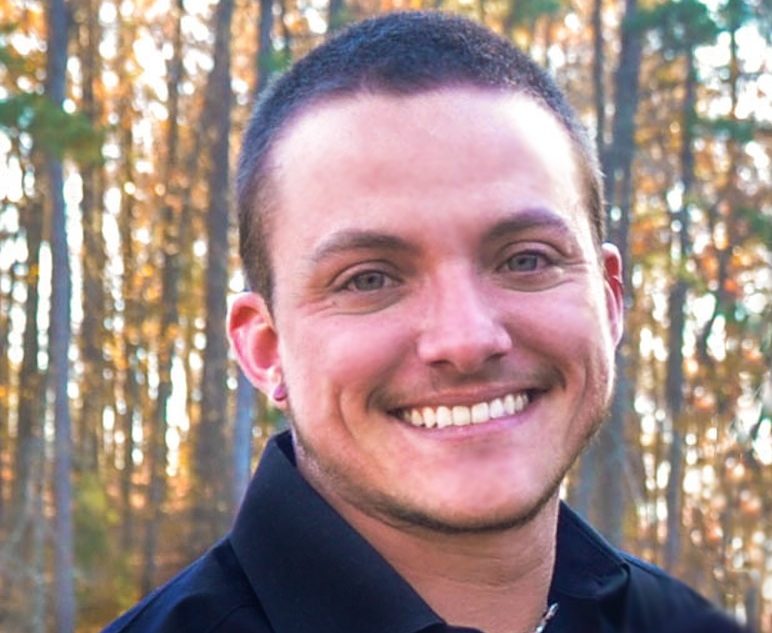Anyone who has lived in Washington, D.C. for any length of time knows that the nation’s capital is intrinsically a transient city. People come here from all different walks of life: different cities and states, different cultures, different socioeconomic backgrounds, different life experiences. They come for job opportunity, for a new experience, and most often to change the world for the better. In no community is this more true than in the queer community. Many of us come from small towns or conservative states where existing day to day, holding down a job, and acquiring comprehensive health care is easier said than done. The District of Columbia is regularly at the forefront of the nation with regard to laws that grant and protect rights on the basis sexual orientation and gender identity and expression. We come here to live freely and to fight for further equality for the rest of the nation. Many of us have logged time for at least one organization that works for lesbian, gay, bisexual and/or transgender equality (LGBT). And a majority of us would never dream of going back to the state of “less than” that we came from.
For those that may eventually leave D.C., most do so for other equally progressive cities around the country like San Francisco, New York, Seattle, or maybe a smaller queer enclave like Austin, Asheville, or Atlanta. This pattern of migration increases the chasm of difference between the queer hotbeds on the coasts and the small towns of Middle America. Sure, as a whole the country seems to be moving in the right direction, but while New York and D.C. have passed marriage equality, Alabama, Idaho, and Utah have written marriage discrimination into their constitutions. While D.C. is passing gender neutral and gender confirming bathroom legislation, Arizona and Tennessee have attempted to require restroom use on the basis of your birth certificate. The hotbeds will always be more progressive if that is where we congregate, while the Montgomerys, Starkvilles, Cheyenes, and countless other conservative cities and towns continue down the path of discrimination. Now I’d love to roll my eyes and say it’s just who they are, but can we really blame a city for never changing if there’s never enough people there to change it? Evolution left to its own devices is slow. Progression needs a push.
As crazy as it might sound, as hard as it might be, I challenge the activists of you to this: spend your time here…get your experience here…get your fill here…and when you’re ready, leave here. Go back to your small town. Go back to your socially conservative culture that tells you that you are second class and that you aren’t enough and fight for your rights. And quite simply, if you aren’t comfortable going back to your small town, go back to someone else’s. I understand that this is a challenge that not everyone can take on. I get that this is a challenge that flies in the face of every self-taught survival mechanism. But if you want to do the real hard work, this is where it’s done: not where it’s easy, but where it is most needed.
I dedicate this column to all the equality activists across the country, but particularly to those in our most conservative and LGBT unfriendly environments. Your tireless efforts are so very important to changing the hearts and minds of the average American. Thank you for your continued dedication and labor. Thank you for not giving up in the hardest of times. I hope we can increase your numbers and increase our victories.
Eli Strong is a transman living in Washington, D.C., with his wife. He is a Coordinator of the DC Area Transmasculine Society (DCATS).

